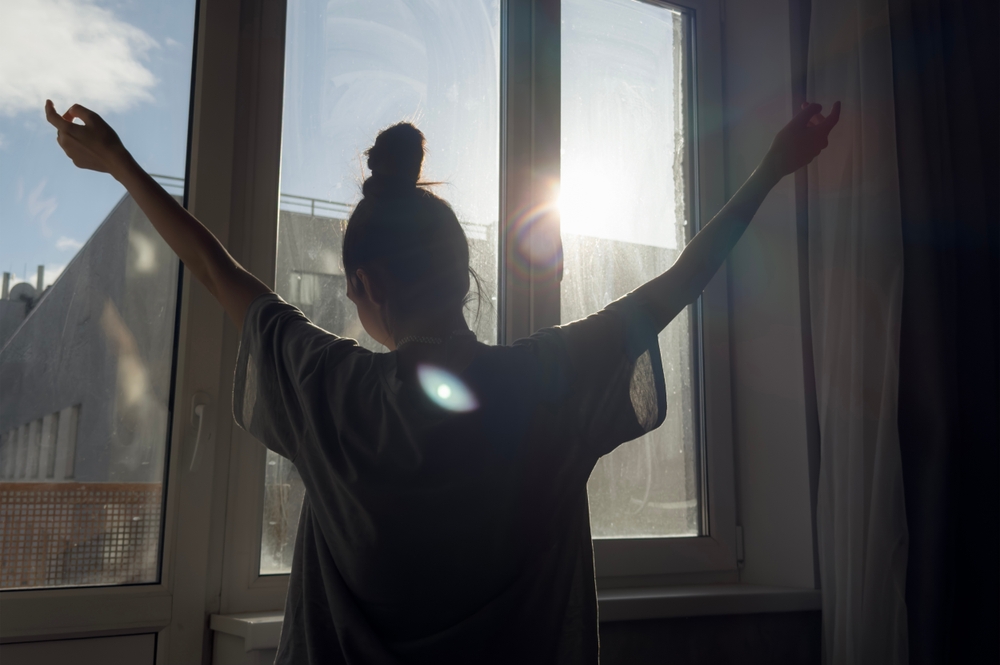Managing Anxiety: Practical Tips and Coping Strategies to Regain Control
Introduction
Anxiety can be overwhelming, affecting our mental, emotional, and physical well-being. Whether it’s the stress of daily life, big transitions, or a specific anxiety-triggering event, managing anxiety is crucial for maintaining balance and health. While anxiety is a natural part of the human experience, there are effective ways to reduce its impact and regain control.
In this article, we’ll explore several proven techniques to help you manage anxiety, from mindfulness practices to cognitive strategies and lifestyle changes. You don’t have to let anxiety take control of your life—there are practical steps you can take to feel more in control and at ease.
1. Understanding the Power of Breathing Techniques
Breathing exercises are one of the quickest and most effective ways to calm the body and mind when anxiety strikes. When you’re anxious, your body activates the fight/flight response, increasing your heart rate and shallow breathing. By slowing down your breathing, you activate the parasympathetic nervous system, which calms your body and restores balance.
Breathing Exercises to Try:
- Deep Belly Breathing: Sit comfortably, place one hand on your chest and the other on your stomach. Breathe in deeply through your nose, allowing your stomach to rise (not your chest). Exhale slowly through your mouth, ensuring your exhale is longer than your inhale. Repeat this for 5-10 minutes.
- 4-7-8 Breathing: Inhale through your nose for 4 seconds, hold your breath for 7 seconds, and exhale through your mouth for 8 seconds. This technique helps reduce anxiety and prepare your body for relaxation.
2. Mindfulness and Meditation to Stay Present
Mindfulness involves focusing on the present moment without judgment. It’s a powerful way to manage anxiety because it helps you become aware of anxious thoughts without getting caught up in them. Practicing mindfulness can help you break free from negative thought cycles that fuel anxiety.
How to Practice Mindfulness:
- Grounding Exercise: Use the “5-4-3-2-1” technique to engage your senses and bring your focus to the present. Name 5 things you can see, 4 things you can touch, 3 things you can hear, 2 things you can smell, and 1 thing you can taste.
- Guided Meditation: Use meditation apps or YouTube videos for 5-15 minutes of guided meditation to help calm your mind and body.
3. Cognitive Behavioral Therapy (CBT) Techniques
Cognitive Behavioral Therapy (CBT) is one of the most effective therapies for managing anxiety. It helps you identify and change negative thought patterns that contribute to anxiety, replacing them with more realistic, balanced thoughts.
Key CBT Techniques:
- Challenging Negative Thoughts: When you feel anxious, ask yourself, “Is this thought based on facts? Is it exaggerated or unrealistic?” Replace negative thoughts with more positive, grounded ones.
- Cognitive Restructuring: When you experience anxious thoughts, write them down and then try to reframe them. For example, if you’re worried about failing a test, reframe it as “I’ve studied for this test, and I will do my best. I can handle whatever the outcome is.”
4. Physical Activity and Exercise
Physical activity plays a major role in reducing anxiety. Exercise releases endorphins, which are natural mood boosters. Regular exercise also helps regulate your stress levels and improves your overall well-being, which can reduce feelings of anxiety in the long term.
Exercise Tips:
- Aerobic Exercise: Try walking, running, or cycling for 20-30 minutes several times a week. The rhythmic motion helps clear your mind and releases built-up stress.
- Yoga and Pilates: These forms of exercise combine movement, breath, and mindfulness, making them particularly effective for reducing anxiety.
5. Healthy Lifestyle Habits to Combat Anxiety
Certain lifestyle changes can play a huge role in managing anxiety. By taking care of your body and mind, you make it easier to handle stress and reduce your anxiety levels.
Healthy Habits to Consider:
- Adequate Sleep: Anxiety can worsen when you’re sleep-deprived. Aim for 7-9 hours of quality sleep per night to improve your mood and cognitive function.
- Balanced Diet: A diet rich in whole foods, healthy fats, lean proteins, and complex carbs can help stabilize your blood sugar and improve your emotional well-being.
- Limit Caffeine and Alcohol: Both caffeine and alcohol can increase anxiety, so try limiting them, especially when you’re feeling stressed.
6. Managing Anxiety Through Social Support
Isolation can make anxiety worse, so it’s important to reach out to others for support. Whether it’s talking to a friend, joining a support group, or seeing a therapist, connecting with others can help reduce feelings of anxiety.
Ways to Strengthen Your Support System:
- Reach Out to Friends and Family: Talking about your feelings with someone you trust can help you process your emotions and feel heard.
- Join a Support Group: Find local or online groups where people share similar experiences with anxiety. Sometimes, knowing that others understand can bring comfort.
- Therapy: Speaking with a therapist can provide valuable tools for managing anxiety and dealing with underlying issues.
7. When to Seek Professional Help
While self-help strategies can be very effective, there may be times when anxiety becomes overwhelming and requires professional intervention. If your anxiety is interfering with your daily life, relationships, or overall well-being, seeking therapy or counseling is a healthy step forward.
Signs You Might Need Professional Help:
- Inability to manage anxiety despite trying various coping strategies.
- Avoiding social situations or everyday tasks due to fear or anxiety.
- Physical symptoms of anxiety that are difficult to control (e.g., constant dizziness, racing heart).
- Panic attacks that are frequent or intense.
Conclusion
Managing anxiety is not about eliminating it completely—it’s about learning how to cope with it effectively and taking steps to minimize its impact. With the right techniques and lifestyle changes, you can reduce anxiety and regain control of your life. Start with small, practical steps like deep breathing and mindfulness, and gradually incorporate other coping strategies as needed. Remember, seeking professional help is always a valuable option if anxiety becomes unmanageable.
Managing anxiety is a journey, and it’s okay to ask for help along the way. If you're feeling overwhelmed and want to talk to someone, I’m here to support you. As a psychologist specializing in anxiety, I can provide the tools and strategies you need to manage your anxiety effectively.
Don’t wait for anxiety to control your life—reach out today to start your path toward healing.
Relevant Articles
Here are some articles related to anxiety management and understanding:
- What is Anxiety? Understanding the Science, Symptoms, and How to Manage It
- Healing PTSD with Cognitive Processing Therapy (CPT)
- Managing Panic Attacks: Tools You Can Use Right Away
- Cognitive Behavioral Therapy (CBT) for Anxiety: How It Works
If you're struggling with anxiety and looking for professional help, therapy can provide effective strategies for emotional regulation, panic attack management, and long-term relief.
Book your free consultation here. Let's work together to develop tools that help you regain control and live a more balanced life.
Tags
managing anxiety, coping with anxiety, anxiety relief, CBT for anxiety, anxiety management tips, anxiety therapy, dealing with anxiety, mindfulness for anxiety, breathing techniques for anxiety, physical activity and anxiety, social support for anxiety, healthy habits for anxiety, reducing anxiety, how to cope with anxiety, managing panic attacks




